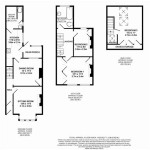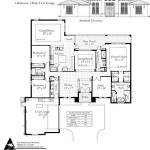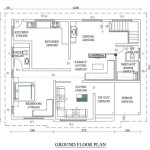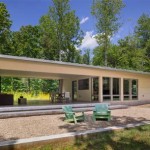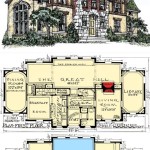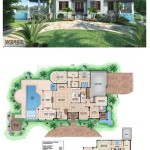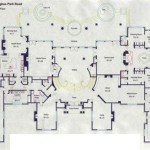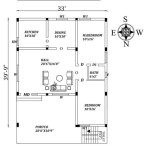Essential Aspects of Squirrel Home Plans
Squirrels are fascinating and agile creatures that deserve a comfortable and secure home. Designing a squirrel home plan requires careful consideration to ensure it meets their specific needs and provides a safe haven. Here are some essential aspects to keep in mind when planning a squirrel home:
Size and Dimensions
The size of the squirrel home should be appropriate for the number of squirrels that will inhabit it. A single squirrel requires a minimum of 2 cubic feet of space, while a pair of squirrels needs at least 4 cubic feet. The height of the home should be sufficient to allow the squirrels to stand upright and move around comfortably.
Entrance and Exit
The home should have multiple entrances and exits to provide easy access and escape routes. The entrances should be large enough for the squirrels to enter and exit without difficulty, but not too large that they compromise the security of the home.
Ventilation
Proper ventilation is crucial for maintaining a healthy living environment for squirrels. The home should have openings or vents to allow for air circulation and prevent the buildup of moisture and fumes. Ventilation also helps regulate temperature, ensuring that the home remains comfortable for the squirrels.
Materials and Construction
The materials used to construct the squirrel home should be durable and weather-resistant. Wood, plastic, and metal are common materials used for squirrel homes. Ensure that the materials are treated with a non-toxic sealant to protect them from moisture and decay.
Nesting Area
Squirrels require a designated nesting area within their home. The nesting area should be lined with soft materials such as straw, leaves, or shredded paper to provide insulation and comfort. It should be located in a quiet and secluded part of the home.
Perches and Platforms
Squirrels enjoy perching and jumping from different levels. Incorporating perches and platforms within the home provides them with enrichment and exercise. Perches can be made from branches, ropes, or wooden dowels, while platforms can be constructed from plywood or other flat materials.
Food and Water
The squirrel home should have a designated area for food and water. Food dishes should be large enough to accommodate the squirrels' daily food intake and should be regularly cleaned and refilled. Water should be provided in a shallow dish or a water dispenser that is easily accessible to the squirrels.
Location
The location of the squirrel home is important for both the squirrels and the homeowner. The home should be placed in a quiet area away from potential predators, such as cats or other animals. It should also be protected from direct sunlight and strong winds.
Maintenance
Regular maintenance is essential to ensure the squirrel home remains in good condition. The home should be cleaned and disinfected regularly to prevent the accumulation of waste and debris. Perches and platforms should be inspected and replaced if necessary. By following these essential aspects, you can create a comfortable and secure home for squirrels that will provide them with shelter, protection, and enrichment.

The Simplest Plan I Ve Seen Yet For A Squirrel House And Great Kit Kids To Put Together Bird Kits Houses Diy

Kevin S Birdhouse Squirrel Box Plans

Pin By Kat Carter On Diy And Crafty Things Bird House Kits Squirrel Plans

Squirrel Nest Box Plans Home Bird House Feeder Nesting Boxes

Free Plans Build A Squirrel House Home Bird Kits

How To Build A Squirrel House 14 Steps With Pictures Wikihow

A Mazing Squirrel House Plan Work Supply

How To Build A Squirrel House 14 Steps With Pictures Wikihow

Making Your Own Squirrel House Nest Box Construction Drawing Arvilla

How To Build A Squirrel House 14 Steps With Pictures Wikihow

